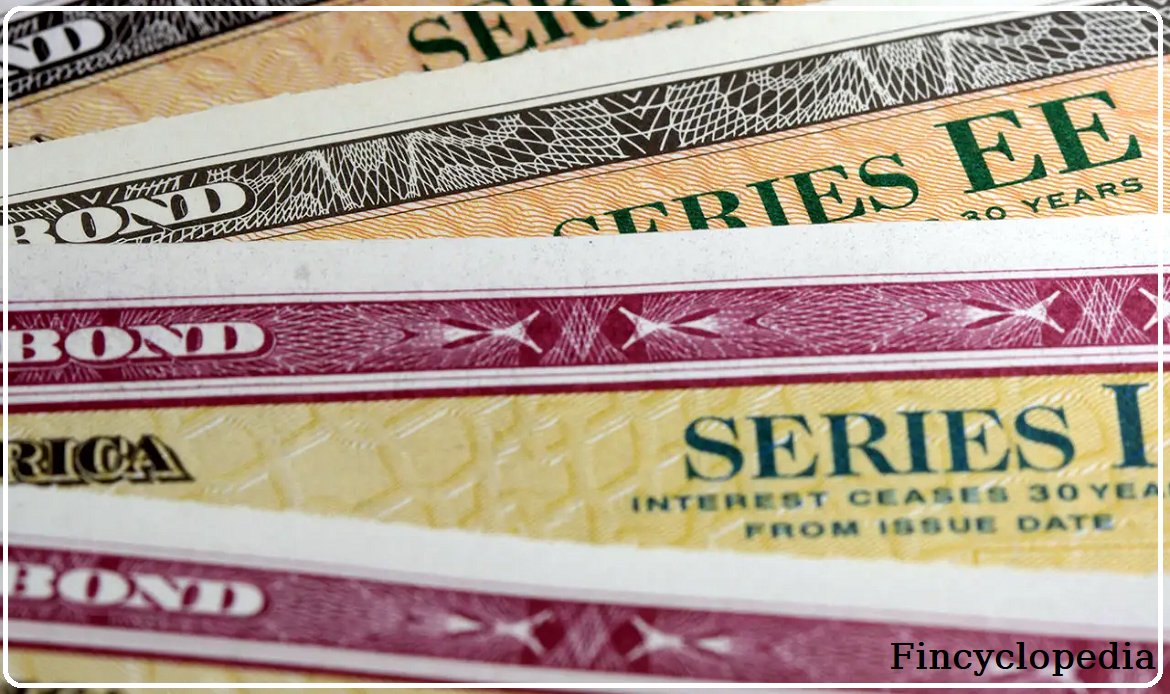A part of a warrant value (theoretical value of a warrant) that relates to the continuous exposure to the changes in the underlying security’s price over the lifespan of the warrant. Time value is at its highest at the beginning of a warrant’s life and declines over time as it gets closer to maturity (expiration date). In other words, time value rapidly erodes with the passage of time and becomes zero at maturity. This erosion of value is known as time decay.
The time value of a warrant is typically affected by a set of factors including volatility (in the underlying price), time to expiration (expiry) of the warrant, dividends received by the warrant’s holder (from the underlying security), and interest rates. An increase in volatility will lead to a higher time value of a warrant, and vice versa. Also, an increase in interest rates (which is a general measure of the opportunity cost of invested funds) will push up the price of a call warrant and will make put warrants cheaper.






